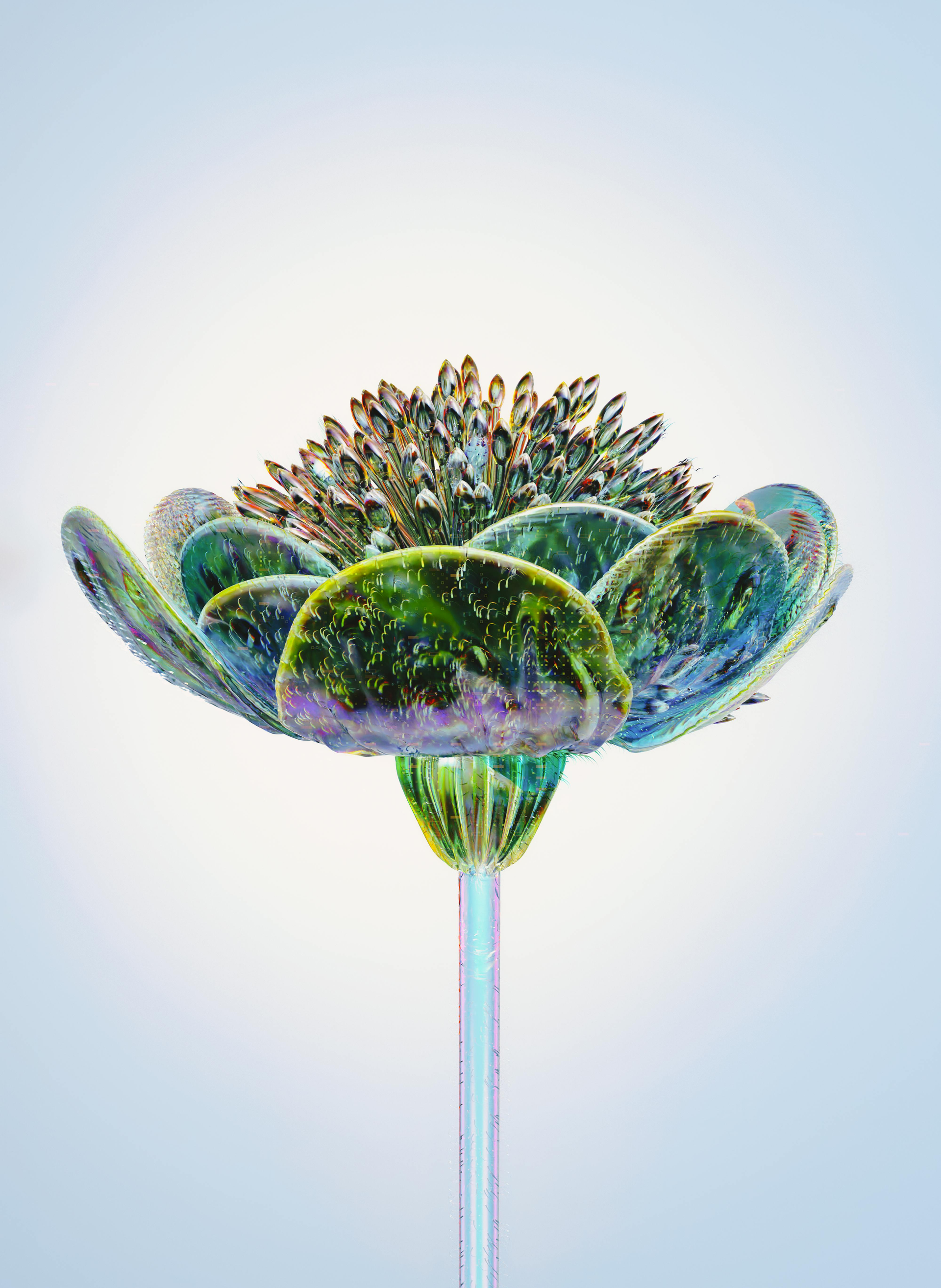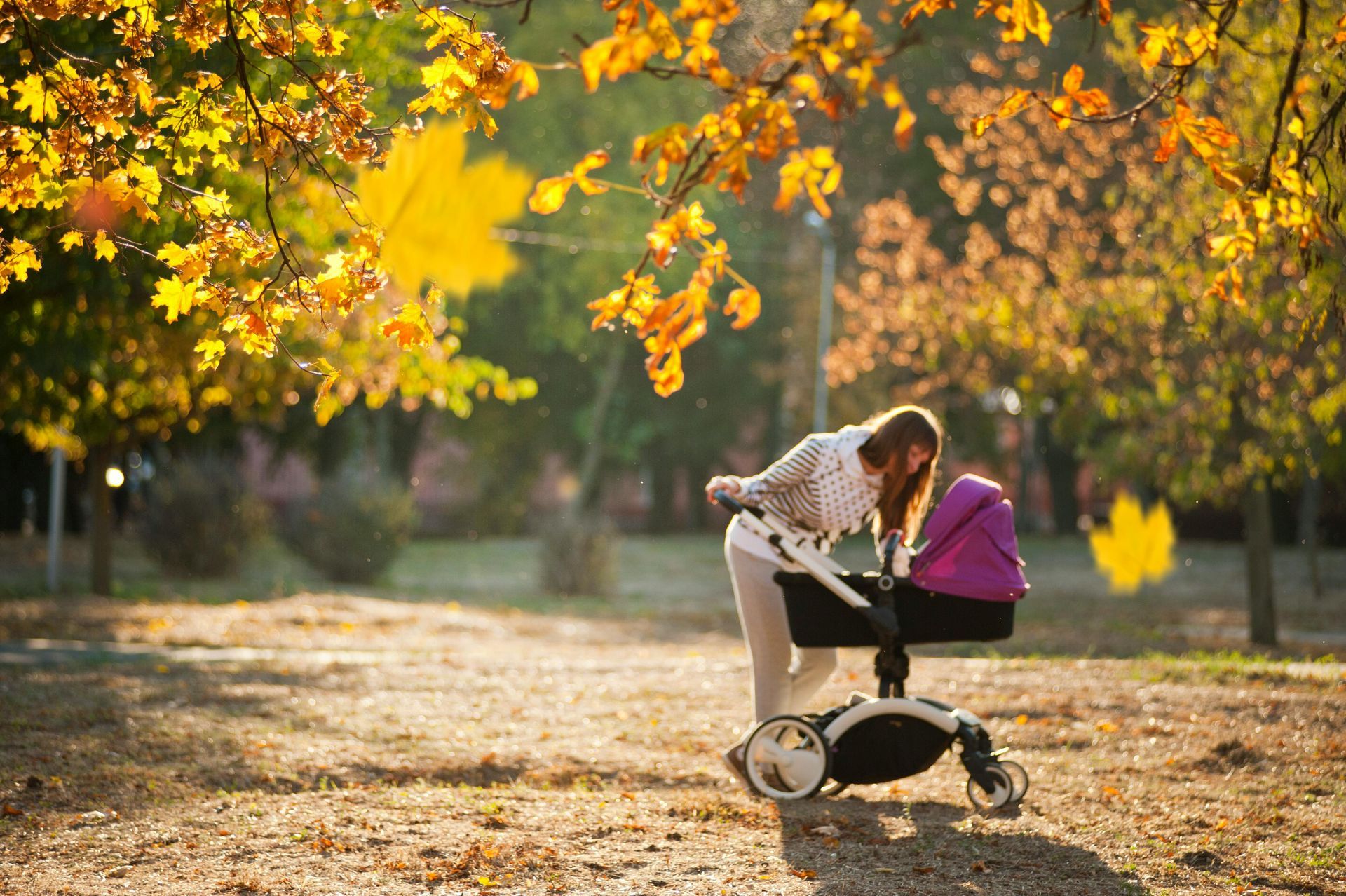New Postpartum Preparation Course with LilyBee in Zurich
Happy Day: Mindful Postpartum Preparation
Preparing for the arrival of your baby involves many important decisions, from choosing your birth location to selecting the right preparation courses and practicing techniques for a positive birth experience. A well-thought-out birth plan accounts for both the expected and unexpected aspects of childbirth. Since birth is one of the most significant events in your life and your baby's, thorough preparation is essential.
However, many parents do not give the same attention to planning and preparing for the postpartum period and the (much longer) journey of parenting. Did you know that 70% of women wish they had more information about postpartum mental health before they had their baby? Or that, in Switzerland, while 95% of women want to breastfeed, only 64% of babies are having any breast milk at 3-4 months postpartum. These statistics are just two which offer glimpses to the complexity of postpartum experiences. They also highlight the importance of preparing for your new life as a family, to set you up to achieve your goals and desires.
For example, have you considered, practically, the wellness and self care of both parents during the postpartum? Have you considered what activities may bring you joy and rest if you have just 45 minutes to yourself? What about just 30 minutes? 10 minutes?
The Mindful Postpartum Preparation course addresses the practicalities of physical recovery, health insurances, handling visitors, feeding, and sleep, as well as the broader themes of family goals, connection between partners, and supporting mental health; it can help you achieve a more enjoyable and peaceful postpartum experience. I am so pleased to offer a comprehensive and unique Mindful Postpartum Preparation course which covers all these essential topics and more, at Lilybee in Zurich.
By attending together, partners can ensure you are both equipped to support each other and your new baby.
Enroll in Mindful Postpartum Preparation and embrace the transformative journey to parenthood.



